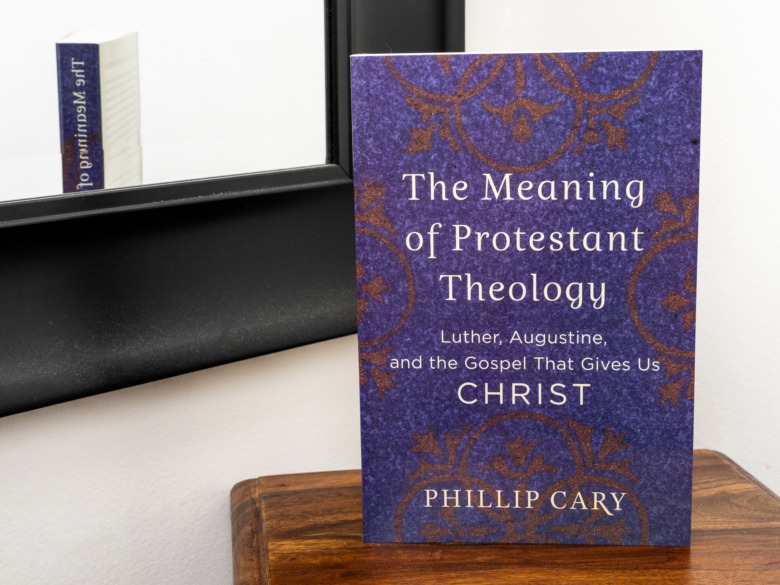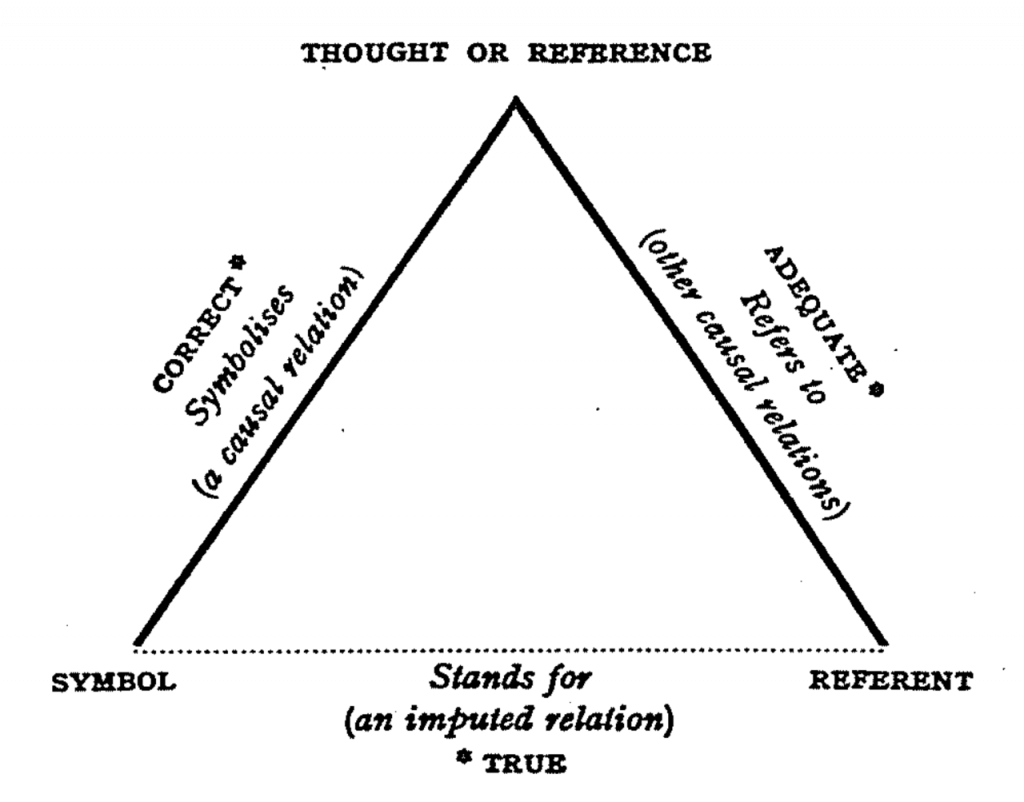by Cory M. Marsh, PhD | Professor of New Testament at Southern California Seminary, El Cajon, CA, and Scholar in Residence, Revolve Bible Church, San Juan Capistrano, CA Every conference has one. The guy whose cell phone makes him think he’s Ansel...
Dependent adverbial clauses are a common feature of Koine Greek, generally categorized based on the kind of content conveyed (e.g., conditional, comparative, spatial, temporal, reason/result, etc.) While many spatial and temporal adverbial clauses...
by Dr. Paul Overland | Ashland Theological Seminary There is a huge problem in the way that biblical Hebrew is currently taught: it doesn’t stick. Polytetrafluoroethylene, or PTFE, is better known by its household name “Teflon.” It’s the...
by Mark Ward | Editor-in-Chief, Bible Study Magazine Plenty of Bible interpreters treat New Testament Greek the way my three-year-old girl treats my one-year-old boy: with well-meaning, blundering over-attention that ends up making him cry...
Photo by Michal Matlon on Unsplash J. David Stark | Professor of Biblical Studies, Faulkner University Years ago, the first substantive biblical studies software I purchased was Gramcord. It was a hugely helpful tool at the time but has long since...
The Baptism of Jesus by Willem van Herp the Younger By D. C. “Mac” McIntyre Psalm Two’s familiar contents have made it a favorite among students, pastors, and scholars alike, as it has echoes of the Davidic covenant, eschatological hopes, and the...
Image: ©Tavis Bohlinger by Joshua Jensen Here’s something you probably never thought to count: The ESV uses the word ‘but’ 4,205 times. That’s nearly once for every 7 verses. That’s a lot. (The NASB has ‘but’ slightly more times, the NIV slightly...
Jeffrey Tripp received a doctorate in New Testament and Early Christianity from Loyola University Chicago, and now teaches Math at Rock Valley College. He often incorporates statistical methods into his biblical research, which focuses on the New...
Photo by Pars Sahin on Unsplash by Luke Nagy We’ve all heard the saying, “this world is not my home; I’m just a passing thro’.” The words are from a hymn penned in 1919, and arranged in 1937. It reflects a popular attitude among Christians in...
Photo by Magda Ehlers from Pexels Christopher Croom | Columbia International University Pilate said to Him, “What is truth?” (John 18:38) Introduction This famous portion of Scripture that has been rendered as a standalone verse...
"The contribution, then, constitutes the addition of more pieces of the jigsaw puzzle of a previously published scroll, 8HevXIIgr."
by Christopher M. Date “What does God say about hell?” asks Kris Brossett, kicking off his two-article series on the topic. Brossett proceeds to survey the three historic Christian views of hell—eternal torment, conditional immortality, and...
by Phillip Cary The key concept in The Meaning of Protestant Theology is there in the subtitle: The Gospel that Gives Us Christ. That’s the core of Protestant theology and the key to its meaning, as well as the center of the distinctively...
"This [digital] edition will open up the research of the Handbook for easy access...It is a welcome development in the dissemination of the Handbook."
By Donald C. McIntyre See also Part 1 and Part 2. A Case Study in Matthew 2:1–12 There are forty-seven verbal forms in this pericope; all but 10 verbal forms are perfective aspect. Of those ten forms that are not perfective, one is stative, two are...
Image: © Tavis Bohlinger by Donald C. McIntyre See also Part 1 Verbal Aspect has the Ability to Show Points of Emphasis and De-emphasis In Porter’s analysis of Philippian 2:5-11 the two verbal forms which are not in the perfective aspect are the...
by Donald C. McIntyre Verbal Aspect is Critical to an Accurate Apprehension of the Text Verbal aspect theory arose to prominence in 1989 and 1990 with the simultaneous work of Stanley Porter and Buist Fanning, who both sought to show how linguistics...
"Every theology is contextual." - Federico Villanueva
"I am using Josephus's life—his biography, as much as we can know it—as a way of reading Paul's biography."
"This verse illustrates well that we cannot separate translation from theology. To do translation is to do theology."
"Thus, the physical body that goes into the ground when buried is the physical body that will be raised up out of the ground one day, albeit changed"
"Teaching in the name of Jesus is proclamation of him, with an appeal to his authority. And in Phil. 2:10, to bow down “in/at the name of Jesus” is to submit to him because of his status and authority, evidenced by the name given to him."
Christ in the Wilderness, Ivan Kramskoy (1837-1887) In this article, I argue that we have been too apt to accept ancient and popular interpretations of Jesus’ wilderness testing in Matthew 4:1-11. Three issues warrant a fresh interpretation: the...
"In order to decide how aspect interacts with the actional potential of verb constellations, you first need to know which situation type the verb constellations in your text represent."
"I am persuaded that the Psalms are not randomly placed, but are, in fact, intentionally arranged thematically and theologically in a deliberate shape and architecture, resulting in a kind of plot and storyline."
"Beyond biblical studies, TUAT has long been recognized as a reference resource in disciplines such as ANE Studies, Egyptology, as well as Historiography of Religion and the Cultural History of the ANE."
"If we completely detach our modern-day applications from a text’s original, historical context, we risk misapplying the text—sometimes in embarrassing ways."
"even if your translation is correct because you by chance picked words in the target language whose concepts overlap sufficiently with those in the original, this correct translation is not of much use. For you will have *nothing but* the...
"Most NT scholars are not well-acquainted with cognitive linguistics. (I’m certainly not.) That’s why I think we should be all the more careful when we immerse ourselves too deep in associative meanings."





























